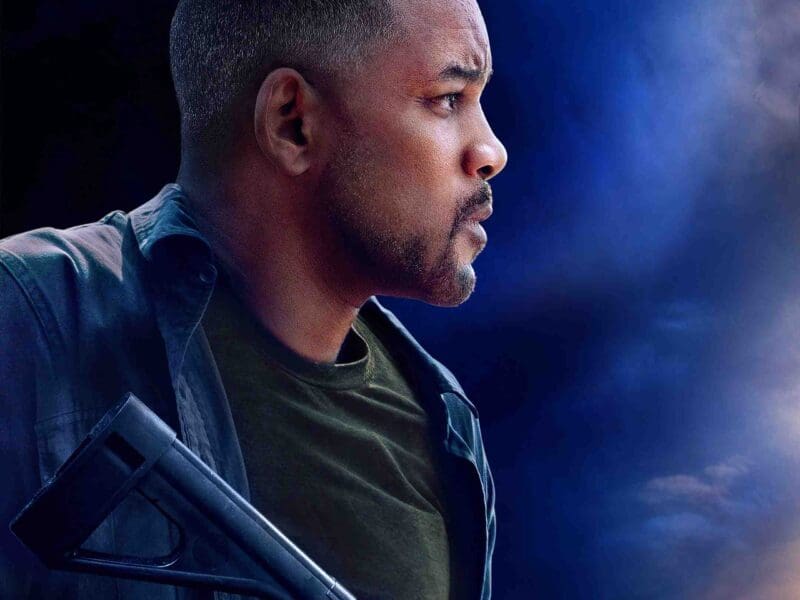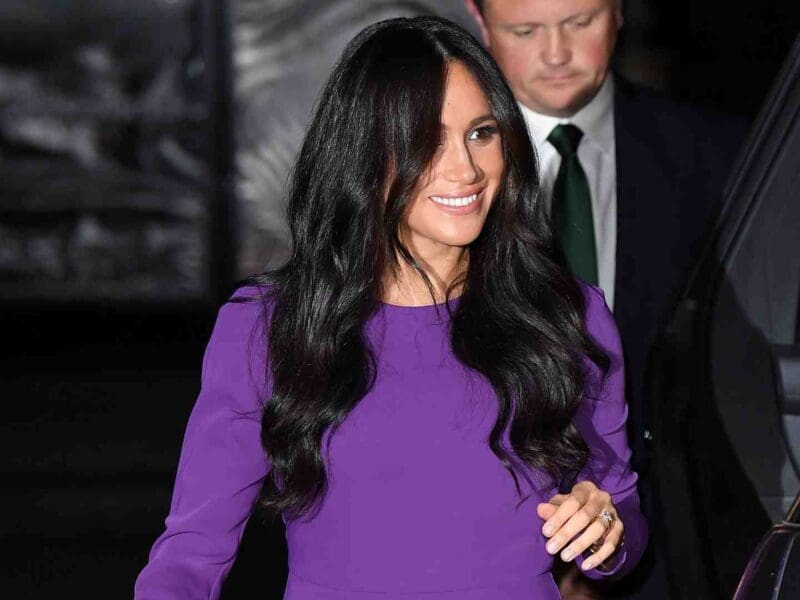
Interview: Chueh-Hui “Andrea” Huang – Editor for Of Silence and Song
How often do we see a film that truly captures the female perspective, not through the male gaze, but through the authentic eyes of women themselves? Of Silence and Song, the latest cinematic masterpiece by its visionary editor, does just that.
In a world where women’s stories are often filtered through a male lens, this film is a refreshing departure, offering a raw and honest portrayal of female experiences. Our conversation with the editor takes us behind the scenes, where we delve into the challenges and victories of bringing this unique vision to life.
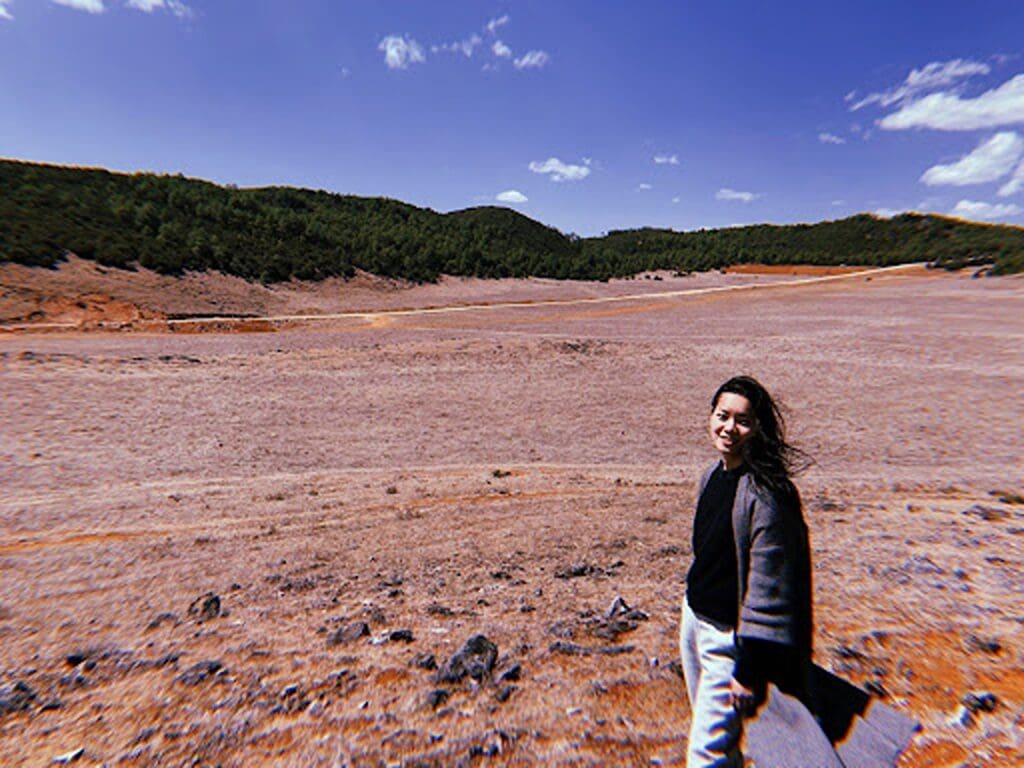
The editor’s journey is nothing short of inspiring. From her early days in the male-dominated film industry of Taiwan and China, to breaking barriers in the United States, she’s a testament to the power of resilience and passion. Her personal experiences, both as a woman and an immigrant, infuse her work with authenticity and depth.
She shares how her Taiwanese background, combined with the American filmmaking landscape, shapes the stories she tells, offering a rich tapestry of emotions and perspectives. But how does she navigate these different worlds, and what impact does this have on her storytelling? We were lucky enough to interview her and find out for ourselves.
How do you approach storytelling from a female perspective, and how does this influence the narratives you bring to the screen?
When it comes to portraying the female perspective, the choice of shots to convey what women see and feel is crucial. For much of film history, women have often been placed within the confines of the male gaze. Therefore, my primary aim has always been to empower women by restoring their perspective, sensibilities, and thoughts through the art of editing.
To me, storytelling must be both authentic and truthful when I’m editing a film. I always draw upon my personal life experiences to connect with the story and its characters, helping me discern the subtext of each scene and determine the appropriate editing style and pacing throughout the film.
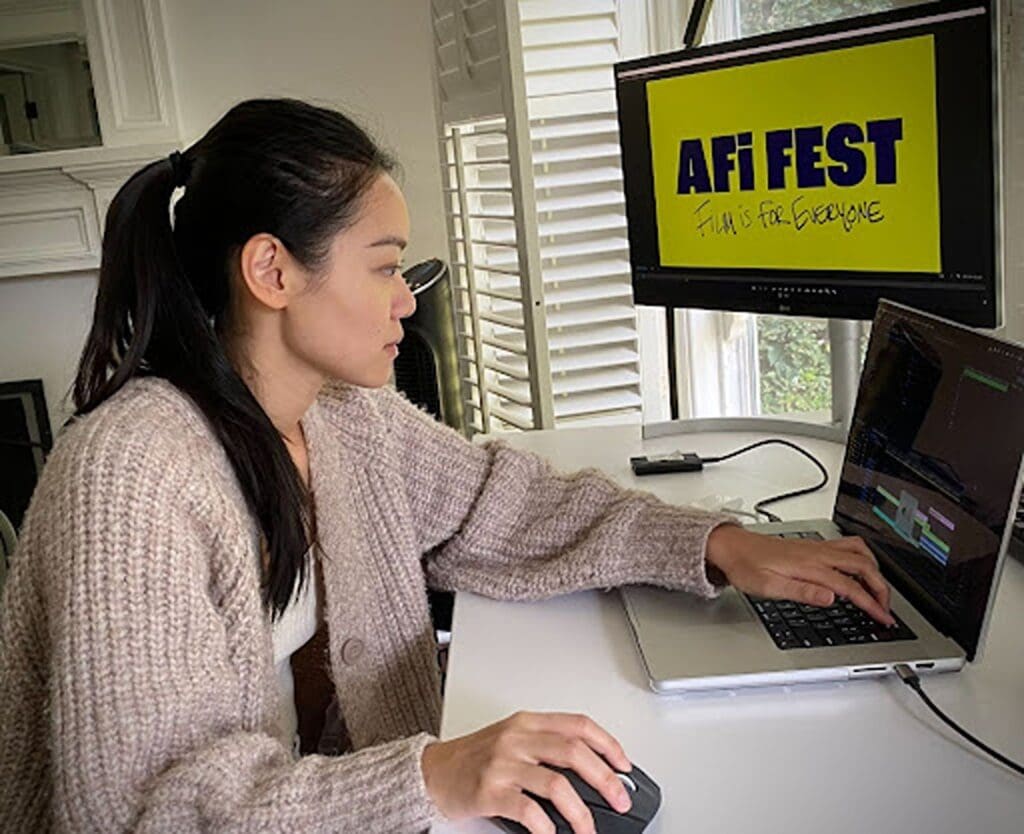
Can you share the challenges and triumphs you’ve encountered as a female filmmaker navigating the film industry?
When I began my filmmaking career in Taiwan and China, I found myself in an environment that was not particularly female-friendly. The majority of crew members were male, which meant that female crew members often had to navigate within the rules set by their male counterparts. Sexist jokes or comments were not uncommon during work.
However, my passion for filmmaking drove me to focus on excelling in my work. I dedicated myself to continuous learning and grew faster than most of my colleagues, eventually attaining the position of executive producer, a managing role, in my previous company before coming to the United States.
Upon arriving in the US, I gained a deeper understanding of identifying gender inequality issues and became acutely aware of the dominance of the male gaze throughout the history of film.
I recognized the profound influence and potential harm that films could wield, as many women were viewing the world through the lens of male perspectives and standards due to the messages conveyed in films. It also became evident that combatting gender inequality was an uphill battle when the people around me lacked awareness and support for my vision back in my home country.
Drawing from my own experiences as a woman, I cherish the opportunities I now have to work on films that align with my values and assemble a team dedicated to changing the female perspective in film. I believe that this effort will enhance women’s self-awareness and confidence, ultimately enabling each woman to become the person they rightfully deserve to be.

In what ways does your Taiwanese background, combined with the American filmmaking landscape, shape the stories you tell?
As a Taiwanese filmmaker, I have the opportunity to offer a fresh perspective that isn’t solely shaped by American experiences, particularly when creating films targeting Asian or international audiences. Moreover, my editing style is influenced by the unique training and cultural background I bring with me.
For instance, in our culture, emotions are often conveyed in a subtle manner, with much left unsaid and expressed through a person’s actions and facial expressions. It was only when I started editing that I realized how this skill enhances my ability to observe and enhance actors’ performances. This allows me to infuse emotions into stories and elevate scenes by removing unnecessary dialogue that can be conveyed through the scene’s construction itself.
My cultural background encourages me to think creatively and tell stories in a way that is distinctly my own. I can easily relate to immigrant experiences, Asian narratives, and underrepresented communities, allowing me to create films that resonate with a diverse range of audiences.
What is the difference between working in film as a woman post Me Too?
I believe that in the post-Me Too era, women have found the courage to speak out against inappropriate treatment because they are no longer fighting alone. However, it’s important to acknowledge that this is an ongoing battle, and we still have a long way to go before women can truly feel safe and comfortable in their daily lives and within the film industry.
Nevertheless, there are more opportunities for female filmmakers today than in the past, making it an opportune moment to share female stories with the world through film. With a growing understanding of women’s experiences, we can hope to achieve a world where everyone respects each other’s boundaries and treats all genders equally.
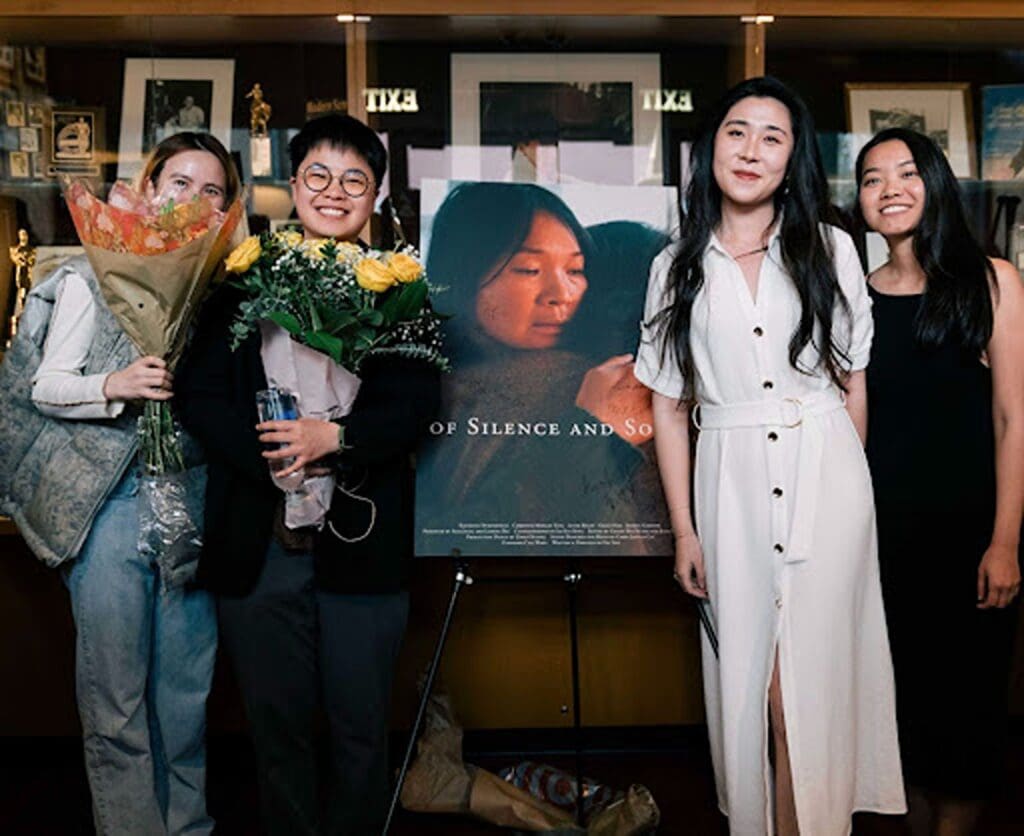
What’s the next project for you?
I am currently editing a film centered around a young woman who grapples with the burden of her mother’s death while standing at a crossroads in her life. In her quest for solace, she embarks on an experimental therapy journey that has the power to erase one’s existence.
This film delves deep into profound issues such as grief, depression, and the search for meaning in life. My intention is to create a cinematic experience that resonates with individuals who are wrestling with these very challenges. Furthermore, I am pushing the boundaries of traditional editing techniques to vividly portray the intricate realms of memory and the experimental therapy process.





